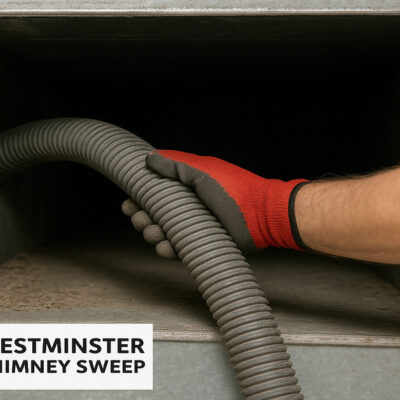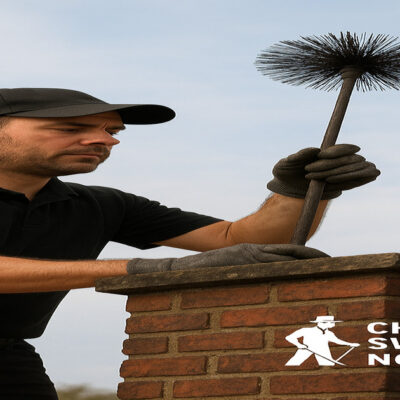Home health care is a growing need for many older adults and individuals recovering from surgery, injury, or illness. For those who qualify, Medicare can help cover many of these services, but one common question that arises is: how much does Medicare pay for home health care per hour?
Understanding how Medicare works for home care can help families plan better and avoid unexpected out-of-pocket costs. This article will break down Medicare’s home health coverage, how payment works, and what types of care are included.
What Home Health Services Does Medicare Cover?
Medicare primarily covers medically necessary home health services. These services must be ordered by a doctor and typically include:
- Skilled nursing care
- Physical therapy
- Occupational therapy
- Speech-language pathology
- Medical social services
- Part-time home health aide care (not full-time personal care)
To qualify, the patient must be homebound, under the care of a doctor, and receive care from a Medicare-certified home health agency.
How Is Payment Determined?
Rather than paying by the hour, Medicare uses a per-episode payment system for home health services. This system is called the Home Health Prospective Payment System (HH PPS). It pays agencies a fixed rate for a 30-day period of care, not by the number of hours.
However, if you break down the typical cost, it’s possible to estimate how much Medicare is effectively contributing per hour:
- A typical home health aide’s hourly rate might range from $25 to $35, but under Medicare, the per-hour equivalent is generally much lower.
- Medicare may end up paying about $15 to $25 per hour, depending on the service, agency, and location.
- Keep in mind that home health aide services covered by Medicare are limited to part-time or intermittent care. It does not cover round-the-clock care or help with everyday personal care if that is the only help needed.
For those looking to enter the healthcare field as a certified home health aide, the CHHA Full Course Program in Washington Twp, NJ provides essential training and certification opportunities. This can be a great starting point for those who want to support patients at home and understand the Medicare system from the caregiver side.
What Does Medicare NOT Cover?
It’s important to note that Medicare does not cover 24-hour care at home, meals delivered to your home, or custodial care (help with bathing, dressing, or using the bathroom) unless it’s part of the skilled services plan.
If someone needs ongoing personal care or live-in assistance, other programs or private pay options might be necessary.
Average Out-of-Pocket Costs for Families
Because Medicare does not cover all types of home care, families may need to pay for additional services out of pocket. If someone needs extra personal care beyond what Medicare allows, hiring a private aide can cost anywhere from $25 to $40 per hour, depending on location.
Long-term care insurance, Medicaid (for those who qualify), or Veterans benefits may help cover these added expenses.
Medicare-Certified Agencies and Quality of Care
To get coverage, families must work with a Medicare-certified home health agency. These agencies follow strict standards and are regularly reviewed. It’s a good idea to compare ratings and services in your area before choosing one.
Additionally, many trained professionals who deliver home care start their careers by completing state-approved courses. One well-respected training center in New Jersey is The Care Training Academy, which prepares students for certification and ensures they understand real-world patient needs. Their programs have become a reliable choice for individuals entering the home health field.
Other Ways to Get Help Paying for Home Health Care
In some cases, Medicaid, private insurance, or local non-profits can help cover care costs. Veterans may qualify for programs through the VA, and some community organizations offer support services to seniors.
If you are thinking of switching careers or starting in healthcare, visiting a training facility that offers hands-on education like the CHHA Full Course Program in Washington Twp, NJ can be a step in the right direction. It equips students with the skills they need to provide quality care and understand the system that supports patients, like Medicare.
Final Thoughts
While Medicare does not pay a fixed hourly rate for home health care, it covers services under a 30-day care plan, and the per-hour value can vary depending on the provider and region. It’s essential for patients and families to understand the limits of Medicare coverage and plan accordingly, especially when long-term personal care is required.
For those who want to make a difference in people’s lives through home care, becoming a certified aide through a trusted program is the first step. Organizations like The Care Training Academy not only offer certified training but also play a vital role in preparing caregivers who understand both the needs of patients and how systems like Medicare work.



